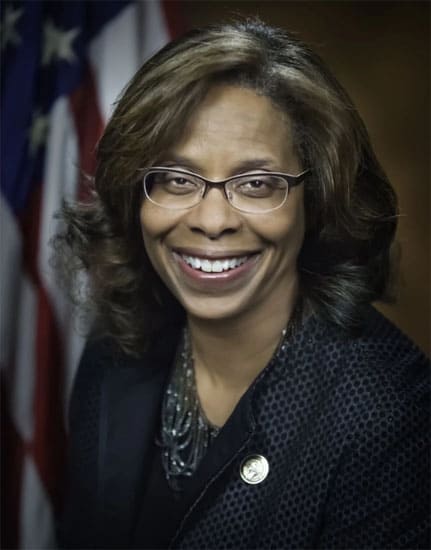Justice Dept. Agency to Alter Its Terminology for Released Convicts, to Ease Reentry
Karol Mason, Washington Post, May 4, 2016
During National Reentry Week last week, federal prisons and prosecutors’ offices and local organizations held job fairs, community town hall meetings, special mentoring sessions, and outreach events aimed at raising public awareness of the obstacles facing those who leave our prisons, jails, and juvenile justice facilities each year. The American Bar Association has documented more than 46,000 collateral consequences of criminal convictions, penalties such as disenfranchisement and employment prohibitions that follow individuals long after their release. These legal and regulatory barriers are formidable, but many of the formerly incarcerated men, women, and young people I talk with say that no punishment is harsher than being permanently branded a “felon” or “offender.”
In my role as head of the division of the Justice Department that funds and supports hundreds of reentry programs throughout the country, I have come to believe that we have a responsibility to reduce not only the physical but also the psychological barriers to reintegration. The labels we affix to those who have served time can drain their sense of self-worth and perpetuate a cycle of crime, the very thing reentry programs are designed to prevent. In an effort to solidify the principles of individual redemption and second chances that our society stands for, I recently issued an agency-wide policy directing our employees to consider how the language we use affects reentry success.
This new policy statement replaces unnecessarily disparaging labels with terms like “person who committed a crime” and “individual who was incarcerated,” decoupling past actions from the person being described and anticipating the contributions we expect them to make when they return. We will be using the new terminology in speeches, solicitations, website content, and social media posts, and I am hopeful that other agencies and organizations will consider doing the same.
{snip}

Karol Mason















